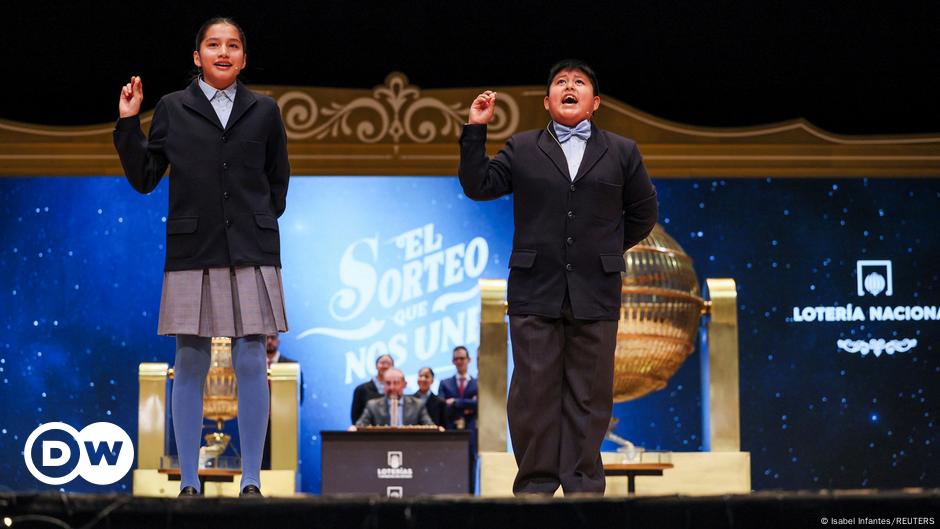Sports
OPINION | Sports and the Olympics can be seen with both a tear-filled and critical eye | CBC Sports

It’s easy for me to say that I absolutely love my job. For the past 10 days, I have planned my days and completed assignments around these Olympic events, both predicted results and burgeoning storylines.
Olympic-level drama started before the Games even officially began because of dronegate and Canada’s Soccer team. With that, an onslaught of media appearances, explainers and updates on news programs ensued. But the one thing that keeps me invigorated, other than journalistic practices, is sports.
On Monday I found myself standing in front of a large screen absolutely crushed that Canada’s women’s 3×3 basketball team lost by two points to the U.S. and missed out on a bronze medal.
I have written about that team and was really looking forward to their energy and what might transpire in Paris. They are a formidable but small group of excellent ballers with great personalities. I have watched a lot of their games, done research and interviewed members of the squad. As much as I care about the results, I really care about the people involved in sports and their stories.
I have a reputation of being critical of systems in sports and also pride myself on being able to speak about injustices. The reason I do this is because I actually care about sports and about people. As easy as it would be for me to be labelled a feminist killjoy who ruins the sportsball party, I like to think I am, indeed, tremendously fun.
Every child in sports dreams of being on the Olympic podium. I certainly did. And while I didn’t have what it takes to get there athletically, I can appreciate what it took from others. And that’s not even counting the barriers for Para sport, women in sport, or athletes in the margins, or on the Refugee Team (EOR).
As I grew up and began to realize the layers of complexity, it wasn’t until I started to dig deep into sociological and historical issues of sport with my cohosts on the podcast I co-created called Burn It All Down that I more fully understood it all.
We were avid Olympic viewers and enjoyed so many aspects. We also talked about organizations and movements like NOlympics and amplified reporting from Dave Zirin and Jules Boykoff in Paris, as well as Karim Zidan. Now I’m working alongside Donnovan Bennett and other supreme storytellers.
Understanding how sports and politics affect the world around us is essential. There is a way to appreciate sport and support athletes, but also be critical of forces trying to control it or impose on it.
And then there are those pushing back. From Congolese boxer Marcelat Sakobi asking the world not to forget the violence in the Congo, to Canadian gymnasts Ellie Black and Shallon Olsen consoling their opponent after a loss. Those are incredible stories that I want to tell.
My dear friend and CBC colleague Devin Heroux, currently crushing his coverage in Paris, always tells me that good storytelling and journalism is about people and relationships. As a result, it’s impossible not to care about the results. The results are not the only story but they are a part of the context.
I’ve interviewed athletes who have just been disappointed and had their dreams crushed, and I’ve interviewed athletes who have won championships. My process is the same: capture the moments and report on the story while making it relevant.
I would be lying if I said what happens didn’t matter. I was jumping up and down as Canada beat France in the soccer tournament. And then I watched them lose in penalties to Germany in the quarterfinals. I’m empathetic, so obviously it was sad for me. It also means that my own role in covering that event is pretty much wrapped up. But I’m still able to separate that emotion and do my job.
I have always been an emphatic supporter of sports — particularly ones that I don’t cover or have never played. This last week I have emerged enthralled with judo thanks to Canada’s Christa Deguchi and her gold medal. I know nothing about judo but am excited to learn. I was riveted as I listened to Josh Hagen and Signa Butler call her match.
As someone who is interested in calling out corruption, abuse and systems of oppression in sport in Canada and beyond, I still get extremely emotional when it comes to sport. I see the Canadian flag being raised and the anthem playing and I start to tear up. I used to get annoyed at myself for that but have learned to embrace what my dear American friend Jessica Luther has christened “unfettered nationalism.”
Being critical of Canada’s national sports organizations (NSO) and problems in sports has helped me love sports more deeply. I’m not a Sufi monk who is able to separate herself from any negativity and focus on one thing. Life is complicated. Sports are complicated. I love cheering for amateur athletes and seeing their dedication play out. Do I have concerns about policies of exclusion, chaotic governing bodies, and environmental crises? Of course. Does that mean I divorce myself from sport? Absolutely not.
I can lose my voice cheering for swimmer Summer McIntosh in the relay, tear up as rugby 7s make history, and be heartened and damn proud of the soccer team that fought through against all odds.
Being a sports journalist doesn’t mean I stop caring about the Olympics or turn to stone. It means I love where I live and am grateful to be able to participate in sports recreationally and cover them professionally. And if I cry into my hijab at a montage or a moment, that’s pretty swell, too.










